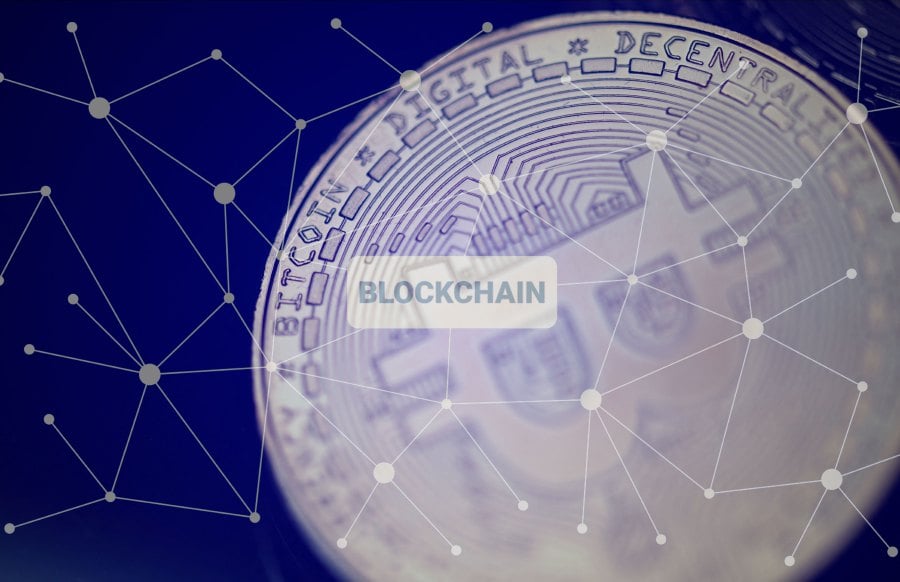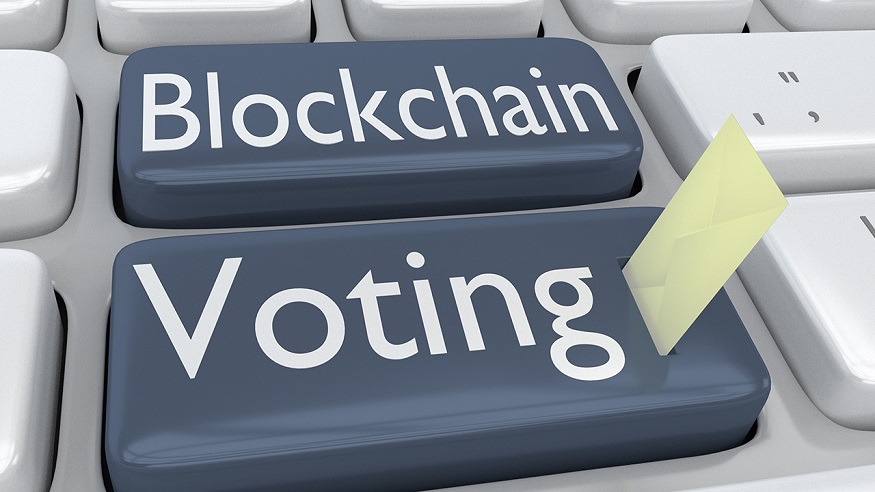Introduction
Have you ever wondered what else blockchain can do besides powering Bitcoin and other cryptocurrencies? As the backbone of digital currencies, blockchain has demonstrated its prowess in secure and transparent transactions. But this is just the tip of the iceberg. Imagine a world where this revolutionary technology permeates every aspect of our lives, from securing our identities to transforming healthcare and even reshaping government services. By reading this blog, you will discover the vast potential of blockchain technology beyond cryptocurrency, and how it stands to revolutionize multiple industries, offering new efficiencies, enhanced security, and unparalleled transparency.

1. The Power of Smart Contracts
1.1 What Are Smart Contracts?
Smart contracts are self-executing contracts with the terms of the agreement directly written into code. They automatically enforce and execute agreements when predefined conditions are met, eliminating the need for intermediaries.
1.2 Applications of Smart Contracts
- Real Estate Transactions: Streamlining property sales and reducing fraud.
- Legal Tech: Automating legal agreements and reducing legal costs.
1.3 Benefits
- Efficiency: Transactions are faster and cheaper.
- Security: Immutable and transparent records.

2. Decentralized Finance (DeFi)
2.1 Transforming Financial Systems
Decentralized Finance (DeFi) refers to financial services that operate without central authorities, using blockchain to enable peer-to-peer transactions.
2.2 Key Features
- Lending and Borrowing: Platforms like Aave and Compound allow users to lend and borrow assets without intermediaries.
- Decentralized Exchanges (DEXs): Facilitating direct trading between users.
2.3 Benefits
- Accessibility: Financial services for the unbanked.
- Transparency: Open-source protocols enhance trust.
3. Supply Chain Management
3.1 Enhancing Transparency and Efficiency
Blockchain in supply chain management ensures every step of the supply chain is recorded transparently and immutably.
3.2 Applications
- Tracking Goods: From origin to delivery, ensuring authenticity.
- Reducing Fraud: Eliminating counterfeit goods.
3.3 Benefits
- Accountability: Every participant is accountable.
- Efficiency: Reduces paperwork and errors.

4. Digital Identity Verification
4.1 Securing Personal Data
Blockchain can provide a secure and verifiable way to store and share personal identities.
4.2 Applications
- Government Services: Secure citizen identities.
- Financial Services: Reducing identity fraud.
4.3 Benefits
- Privacy: Users control their data.
- Security: Resistant to hacks and tampering.
5. Healthcare Records Management
5.1 Revolutionizing Healthcare
Blockchain ensures secure and interoperable health records.
5.2 Applications
- Patient Data Management: Secure sharing of health records.
- Clinical Trials: Ensuring data integrity.
5.3 Benefits
- Security: Protects sensitive information.
- Efficiency: Streamlines data sharing.

6. Voting Systems
6.1 Enhancing Democracy
Blockchain can secure voting systems, ensuring transparency and reducing fraud.

6.2 Applications
- Election Security: Immutable voting records.
- Corporate Governance: Secure shareholder voting.
6.3 Benefits
- Trust: Transparent and verifiable elections.
- Accessibility: Secure remote voting.

7. Intellectual Property Rights
7.1 Protecting Creators
Blockchain can secure intellectual property rights, ensuring creators get fair compensation.
7.2 Applications
- Digital Art: Ensuring ownership and provenance.
- Music Industry: Transparent royalty distribution.
7.3 Benefits
- Ownership: Verifiable proof of ownership.
- Fair Compensation: Direct payments to creators.
8. Internet of Things (IoT) Integration
8.1 Connecting Devices Securely
Blockchain can enhance IoT by providing secure and tamper-proof data exchange between devices.
8.2 Applications
- Smart Homes: Secure device communication.
- Industrial IoT: Transparent supply chain data.
8.3 Benefits
- Security: Prevents data breaches.
- Efficiency: Streamlined operations.
9. Decentralized Applications (dApps)
9.1 New Era of Applications
Decentralized applications (dApps) run on blockchain networks, offering transparency and security.
9.2 Applications
- Finance: Decentralized lending platforms.
- Gaming: Transparent in-game transactions.
9.3 Benefits
- Control: Users retain control over their data.
- Innovation: New business models.
Conclusion
Blockchain technology is far more than the backbone of cryptocurrency. Its potential applications span across numerous industries, offering transformative solutions that enhance security, efficiency, and transparency. From healthcare and finance to supply chain management and beyond, blockchain is poised to revolutionize the way we conduct and secure our transactions. As we continue to explore and harness this technology, we move towards a future where blockchain’s impact will be felt in every aspect of our lives.
Personal Reflection
Blockchain technology fascinates me not just for its current capabilities, but for its potential to reshape our world in ways we are only beginning to understand. As someone deeply interested in technology, witnessing the unfolding of blockchain’s applications beyond cryptocurrency feels like being at the cusp of a new era. The innovation and possibilities that lie ahead are both exciting and boundless, promising a future where transparency, security, and efficiency are woven into the fabric of our digital interactions.
FAQs
Q1: What is blockchain technology? A1: Blockchain is a decentralized digital ledger that records transactions across multiple computers in a way that ensures the data is secure, transparent, and immutable.
Q2: How does blockchain enhance security? A2: Blockchain enhances security by using cryptographic algorithms to record data in a tamper-proof and transparent manner, making it resistant to hacks and fraud.
Q3: What are smart contracts? A3: Smart contracts are self-executing contracts with the terms of the agreement directly written into code. They automatically execute and enforce agreements when predefined conditions are met.
Q4: How can blockchain improve supply chain management? A4: Blockchain improves supply chain management by providing transparent and immutable records of every step in the supply chain, reducing fraud, and increasing efficiency.
Q5: What is Decentralized Finance (DeFi)? A5: Decentralized Finance (DeFi) refers to financial services that use blockchain technology to operate without central authorities, enabling peer-to-peer transactions.
Q6: How does blockchain support digital identity verification? A6: Blockchain supports digital identity verification by securely storing and sharing personal data, giving users control over their information and reducing identity fraud.
Q7: Can blockchain be used in healthcare? A7: Yes, blockchain can revolutionize healthcare by securely managing patient data, ensuring data integrity in clinical trials, and improving data sharing efficiency.
Q8: How does blockchain enhance voting systems? A8: Blockchain enhances voting systems by providing transparent, immutable records of votes, reducing fraud, and ensuring secure and verifiable elections.


Pingback: Deep Dive into Blockchain Protocols: Exploring Ethereum, Hyperledger, and Polkadot – geniustechsupport.com